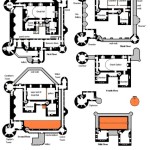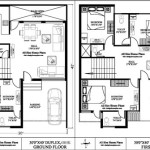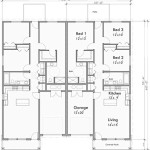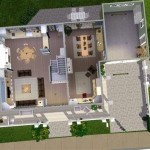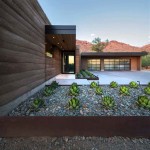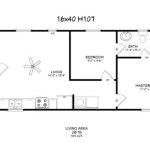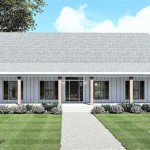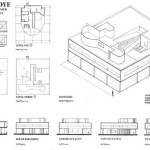Fire Tower Building Plans: Essential Considerations for Safety and Efficiency
Fire towers serve as essential safety structures, providing firefighters with elevated access to enhance visibility and facilitate firefighting operations. Designing and constructing fire towers requires meticulous planning and adherence to building codes and standards. This article outlines critical aspects to consider when developing fire tower building plans to ensure compliance and optimal functionality.
Structural Stability and Fire Resistance
Fire towers must possess exceptional structural stability to withstand extreme conditions such as high winds and earthquakes. The materials used for construction should have superior fire resistance ratings to prevent structural failure during a fire. Steel or reinforced concrete are commonly preferred for their strength and durability.
Height and Access
The height of the fire tower should be determined based on the specific requirements of the site and surrounding structures. Accessibility should be carefully considered to ensure efficient movement of firefighters and equipment. Stairwells or elevators should be incorporated to provide vertical access, and platforms or balconies should allow for horizontal movement.
Visibility and Communication
Fire towers are designed to enhance visibility, enabling firefighters to assess the situation and direct operations effectively. Windows or openings should be strategically placed to provide clear views of the surrounding area. Communication systems, such as intercoms or radios, should be integrated to facilitate communication between firefighters on different levels of the tower and with ground crews.
Ventilation and Smoke Management
Proper ventilation is crucial to remove smoke and heat from the fire tower during an emergency. Exhaust fans or natural ventilation systems can be employed to maintain a breathable environment. Smoke management systems, such as dampers or smoke extraction ducts, may also be required to control the spread of smoke within the tower.
Lighting and Power
Adequate lighting is essential for firefighting operations, especially during low-light conditions. Emergency lighting systems should be installed to provide backup illumination in case of power outages. Power sources should be reliable and redundant to ensure continuous operation of equipment and communications.
Maintenance and Inspection
Fire towers require regular maintenance and inspection to ensure their continued safety and functionality. Inspection plans should include periodic checks of structural integrity, electrical systems, ventilation systems, and communication equipment. Regular cleaning and repairs are also necessary to maintain the tower's operability.

National Park Service Structures And Facilities Lookout Towers Overlooks

Forestry Fire Lookout Tower Plans George And

Any Ideas On How To Start Building This Fire Lookout

Fire Fighting In Multistory Developments Archi Monarch

Pin Page

Design Stack A Blog About Art And Architecture With The Fire Lookout Tower

Forest Fire Lookout Tower House Small Bliss

Fire Towers Converted To Homes Designs Ideas On Dornob

Modelo 3d Fire Lookout Tower Architecture Build Turbosquid 1749036

Observation Tower Fire Ina Timberworks

